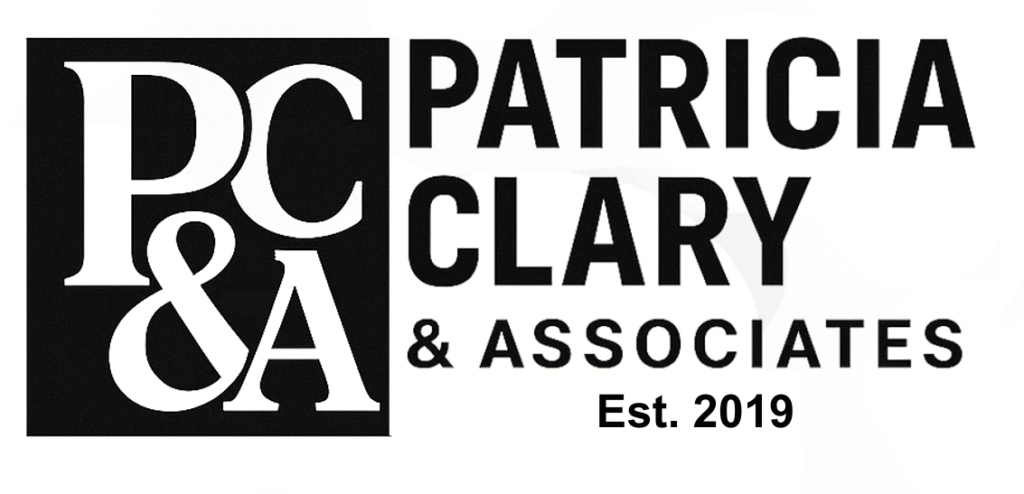In today’s complex society, communities face numerous wicked problems requiring collaborative action. Convenors are the master orchestrators bringing together diverse stakeholders, perspectives, ideas, and resources to create something more significant than the sum of its parts. The word convene can be traced back to the 15th century deriving from two Latin words, venire, meaning “come,” and con, meaning “together.” To convene is to come together, or as a verb means to come, cause, assemble, or convoke. Other words synonymous with convene are to, unite, gather, congregate, or meet. The convenor is the individual, group, or organization that convenes or brings together.
Additional ways to look at the convenor come from Neal et al. (2010), who defined convening as “the art of gathering and “holding” people, in a safe and generative space, for the sake of authentic engagement” (p. 304). Svendsen and Laberge (2005) recognized the importance of convenors in building independent relationships and creating “stakeholder” networks of individuals, groups, and organizations united to address complex cross-boundary problems, issues, or opportunities.
Fundamentally, collaborative action does not rise spontaneously; someone must initiate the action. A convenor, chairperson, or coordinator is essential in organizing and leading meetings, conferences, and groups. They are responsible for creating agendas, managing discussions, and ensuring the meeting runs smoothly. A convenor may also facilitate group activities, mediate conflicts, and make decisions on behalf of the group. Depending on the nature of the meeting or group, the convenor may also be responsible for maintaining records, managing finances, and communicating with stakeholders. The role of the convenor is vital in ensuring that all stakeholders have a productive and engaging experience while achieving the desired outcomes. Organizations may have varying titles for this role, such as facilitator, moderator, or presiding officer, but the responsibilities remain similar. A skilled convenor can help bring together diverse perspectives, build consensus, and promote collaboration toward achieving common goals.
Convenors are found in many different aspects of society where group decision-making, planning, and coordination are necessary. In nonprofit organizations, convenors may lead board meetings, fundraising committees, or volunteer groups. Moreover, their responsibility may be to ensure the organization’s goals and objectives are met and that all stakeholders feel valued and engaged. In business, convenors may lead meetings, conferences, or project teams. They are responsible for ensuring that meetings run smoothly, that all stakeholders are engaged, and that decisions are made promptly and effectively. Convenors may lead public consultations, advisory committees, or government and public sector task forces responsible for ensuring that citizens and stakeholders have a voice in decision-making and that their views and concerns are considered. In educational institutions, convenors may lead student groups, faculty committees, or staff meetings and are responsible for creating agendas, managing discussions, and ensuring that all stakeholders have a productive and engaging experience. In community organizations, convenors may lead public meetings, town halls, or neighborhood associations, ensuring that all community members have a voice and that decisions are made in the community’s best interest. Overall, convenors play a critical role in facilitating group decision-making, planning, and coordination across various sectors and industries. They help to ensure that all stakeholders are engaged, that decisions are made promptly and effectively, and that group goals and objectives are achieved.
For the same reasons organizations may object to working collaboratively, individuals, groups, or organizations may object equally to working with convenors. Some common concerns are lack of trust, different priorities or goals, power dynamics, lack of expertise, and personal conflicts. Due to past experiences, personal biases, or perceived conflicts of interest, stakeholders may not trust the convenor to remain impartial and objective. Stakeholders may object to a convenor if their priorities or goals are not adequately represented. However, to help stakeholders feel that their needs are met, convenors need to balance the priorities and objectives of the group.
Moreover, convenors may be perceived as having more power or influence than other stakeholders. This power dynamic can create a sense of resentment or mistrust, mainly if the convenor is seen as using their position to advance their agenda or interests. Stakeholders may also object to the convenor if they believe that the convenor lacks the necessary expertise or experience to lead the group effectively. Without a clear understanding of the issues, the convenor may struggle to facilitate discussions or make informed decisions. Lastly, stakeholders may object to the convenor if they have personal conflicts or negative relationships with the convenor. These conflicts may be due to past experiences, disagreements over goals or priorities, or personal animosity.
Effective convenors address these objections proactively and work to build trust, balance competing priorities, manage power dynamics, demonstrate expertise, and foster positive relationships with stakeholders. By doing so, the convenor can help create a productive and engaging environment that supports the group’s goals.
My research of 2021 submitted that assembling stakeholders is a significant role for the convenor and that it is in the assembly of the stakeholders’ where there is an opportunity to solve wicked problems, make a significant impact, and therefore make a real difference in the social fabric of a community. Thus, highlighting the vital role of the convenor is important because community matters.
In Community,
Dr. Pat
Dr. Patricia A. Clary is a syndicated columnist who consults with nonprofit and business sector partnerships that promote strategic community impact agendas to solve complex societal issues through governance, collaboration, and convening leadership. Connect with Dr. Clary at patriciaclary.com, LinkedIn https://www.linkedin.com/in/pat-clary/, Facebook PatriciaAClaryPhD, or at [email protected]. ©2023 All Rights Reserved.
